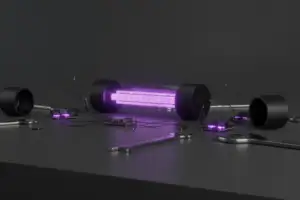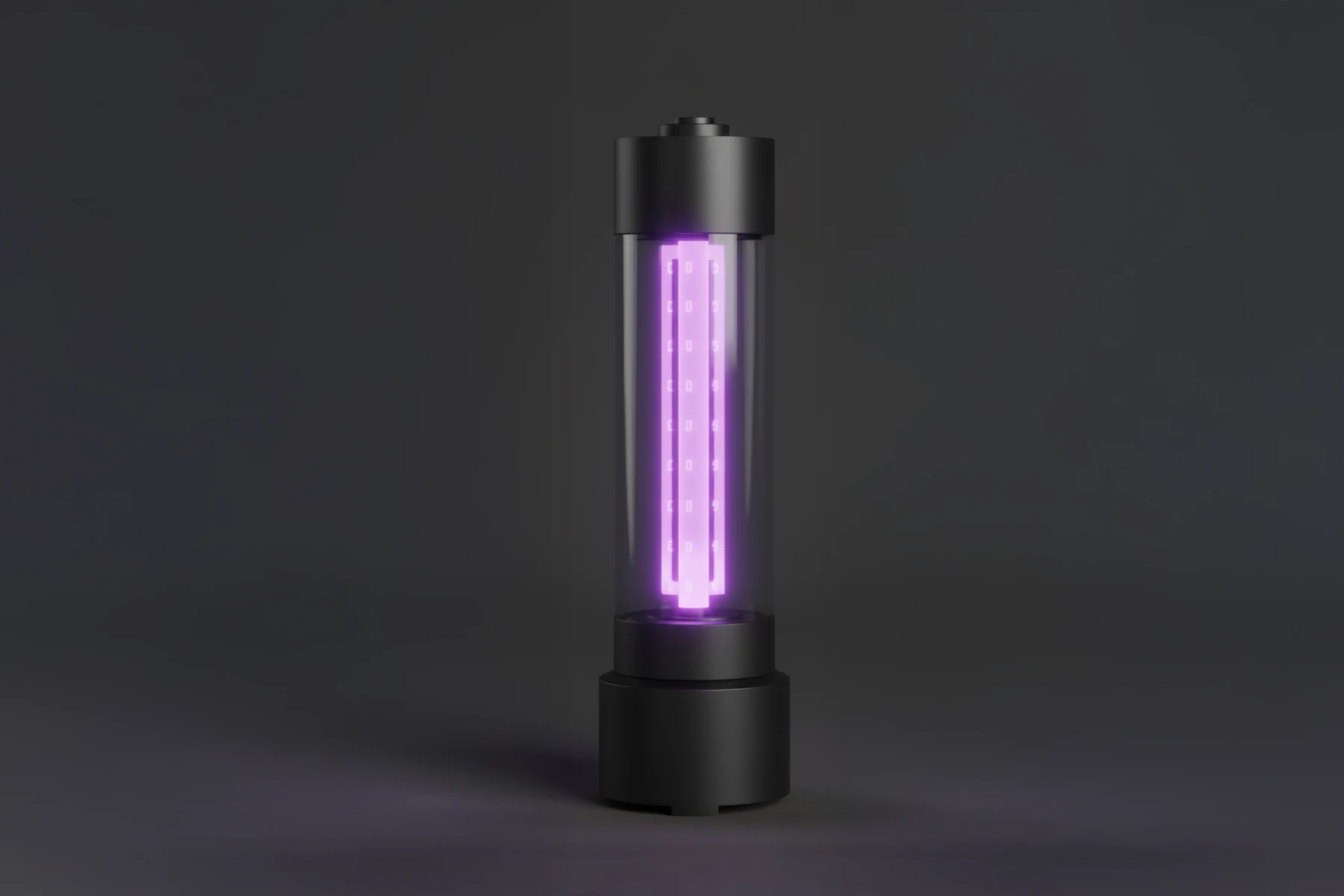When you turn on the tap, you expect your water to be clean and safe. But even clear water can hide harmful microorganisms. That’s why more homeowners are turning to ultraviolet water filtration — a proven method that disinfects water without using chemicals. It may sound high-tech, but the science behind it is straightforward: ultraviolet light disrupts the DNA of bacteria and viruses, rendering them harmless.
In this article, we’ll explore how a UV water filtration system works, what sets it apart from other methods, and why it’s one of the safest and most effective ways to protect your family’s drinking water.
What Is Ultraviolet Water Filtration?
At its core, UV water filtration uses a lamp that emits UV-C light inside a chamber where water passes through. This light penetrates microorganisms like E. coli, Salmonella, and Hepatitis, damaging their DNA so they can no longer reproduce. Unlike chlorine or chemical disinfectants, the process leaves no residues or byproducts behind.
Homeowners often ask about the difference between a UV water filter and other systems. A UV filter doesn’t physically remove sediment or chemicals — instead, it’s a UV disinfection water treatment that sterilizes bacteria, viruses, and parasites. That makes it an ideal partner to other filtration systems that remove particles or improve taste.
If you’re curious about the pros of UV water filter systems, one of the biggest advantages is the ability to achieve cleaner water without adding chemicals.
How Does a UV Water Treatment System Work?
The science of UV water treatment is simple but powerful. As water flows into a stainless steel chamber, it’s exposed to a high-intensity UV lamp. This process — known as UV light for water treatment — disinfects the entire stream in real time.
Because it’s chemical-free, a UV water treatment system doesn’t change the taste, smell, or color of your water. It also doesn’t require warm-up time, which makes it far more convenient than boiling. In fact, both the EPA and FDA recognize ultraviolet disinfection as an effective way to safeguard drinking water.
For households that want a complete solution, UV is often combined with a home water filtration system that handles sediment or chlorine, giving you both purity and protection.
What Can UV Water Filtration Kill?
The list of microorganisms neutralized by a UV water filter is extensive. It can help protect against:
- E. coli
- Salmonella
- Hepatitis virus
- Cholera bacteria
- Streptococcus and Staphylococcus
- Giardia and Cryptosporidium
These are the contaminants most likely to cause gastrointestinal illness, headaches, or worse. For homeowners dealing with recurring boil water advisories, a UV treatment system provides peace of mind by keeping water safe at the tap.
If you’ve ever wondered about other ways to filter bacteria, options like chlorination or reverse osmosis exist — but UV remains one of the simplest and most dependable solutions.
Benefits of a UV Water Treatment System
 There are many reasons why families and businesses choose UV water treatment systems:
There are many reasons why families and businesses choose UV water treatment systems:
- Chemical-free: No chlorine or chemical taste in your water.
- Cost-effective: Lower operating costs compared to frequent chemical treatments.
- Whole-house protection: One system can treat all water entering the home.
- Fast disinfection: Microorganisms are neutralized instantly.
- Environmentally friendly: No harmful byproducts.
Metro Water Filter offers the Biolyte UV purifier, a chemical-free UV water filter system that delivers long-lasting protection for both residential and commercial use.
Maintaining a UV Water Filtration System
Like any system, proper care ensures your ultraviolet water filter system works at its best. UV lamps typically need replacement every 12 months to maintain effectiveness, and the quartz sleeve around the lamp should be cleaned regularly so light can penetrate the water.
Metro Water Filter makes UV treatment maintenance simple with professional checkups. With routine service, you can feel confident your UV system continues protecting your water supply year after year.
Choosing the Right UV Water Filter
The best way to know if you need UV is to test your water for bacteria. Once you have the results, you can decide whether UV should be paired with other systems like reverse osmosis or carbon filtration. If you’re weighing options, Metro’s team can help with choosing the right water filter.
As a trusted water filtration system company serving the Southeast for over 50 years, Metro specializes in tailoring systems to your home or business. Whether you’re on private well water or looking for city water filtration, the right UV solution can make a huge difference.
Pure Water Without Chemicals
Ultraviolet water filtration is one of the most effective ways to disinfect water, destroying bacteria and viruses without altering the quality or taste. Whether you choose a whole-house UV water treatment system or a smaller setup, UV is a safe, chemical-free solution that protects your family’s health.
Ready to learn more? Schedule your free water test today and speak with our experts about how a UV system can fit into your home. Contact our team of water filter experts to get started.



